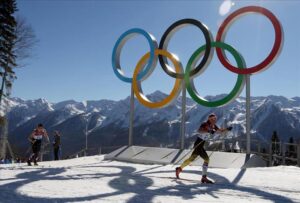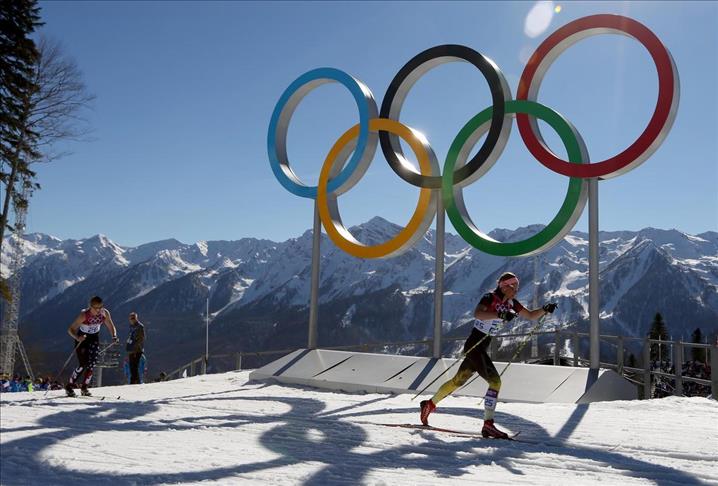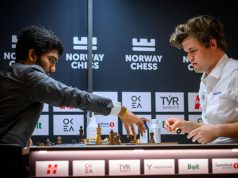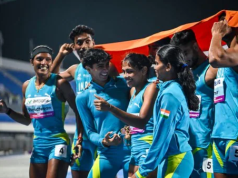The Winter Olympics, scheduled to be held in Beijing from the 4th to the 20th of February 2022, will follow the strictest COVID-19 safety rules as has been declared by the hosts.
In order to ensure maximum protection against the ongoing global pandemic, a host of stringent security measures are being put in place by the Winter Olympics organising committee. There are already a series of test events being conducted that are definitely providing a good idea of how the Winter Games will be conducted. In fact, the rules might even be more uncompromising in comparison to the Tokyo Summer Olympics, which were mostly crowd-free.
 As for the athletes who will be participating, the Chinese officials have announced that they will remain in a “closed loop” for their whole duration at the Games. There will be a ‘strict bubble’ that will make them isolated from the outside world, including the spectators. Along with that, each person in that bubble must take daily virus tests. It will be mandatory for the athletes to be fully vaccinated, or go through a 21-day quarantine, after arriving in Beijing. Same as the Tokyo Olympics, athletes must be wearing masks pretty much all of the time. They will only be allowed to take off their masks when they compete or for a quick photo on the podium.
As for the athletes who will be participating, the Chinese officials have announced that they will remain in a “closed loop” for their whole duration at the Games. There will be a ‘strict bubble’ that will make them isolated from the outside world, including the spectators. Along with that, each person in that bubble must take daily virus tests. It will be mandatory for the athletes to be fully vaccinated, or go through a 21-day quarantine, after arriving in Beijing. Same as the Tokyo Olympics, athletes must be wearing masks pretty much all of the time. They will only be allowed to take off their masks when they compete or for a quick photo on the podium.
The ongoing test events will continue until the end of this year. They are giving the organisers a chance to fine-tune their preparations. There will be domestic and international competitions in all events. According to Dutch speed skater Sophie Kraaijeveld, “The pandemic prevention management of this competition provides athletes with great protection.” However, some athletes like Chinese snowboarder Cai Xuetong have highlighted the problems of these stringent measures.
The biggest change from the Summer Games will be the fact that the Beijing Games will be held in front of spectators. The sole restriction being that tickets will be available only for mainland China residents. However, other outsiders, like reporters, will have to show proof of them testing negative for b in the 48 hours prior, and provide a detailed account of their recent travel history. Beyond that, they have to put on N95 masks. But they were only allowed to interview the athletes via video. This is in stark contrast to the Tokyo Games, where reporters interviewed the athletes face to face, albeit from a good distance.
The organisers feel that having these measures in place will be instrumental to have a safe and smooth Winter Games. However, there is a chance that these rules could yet be amended or taken out for the actual Winter Olympics if situation improves.




